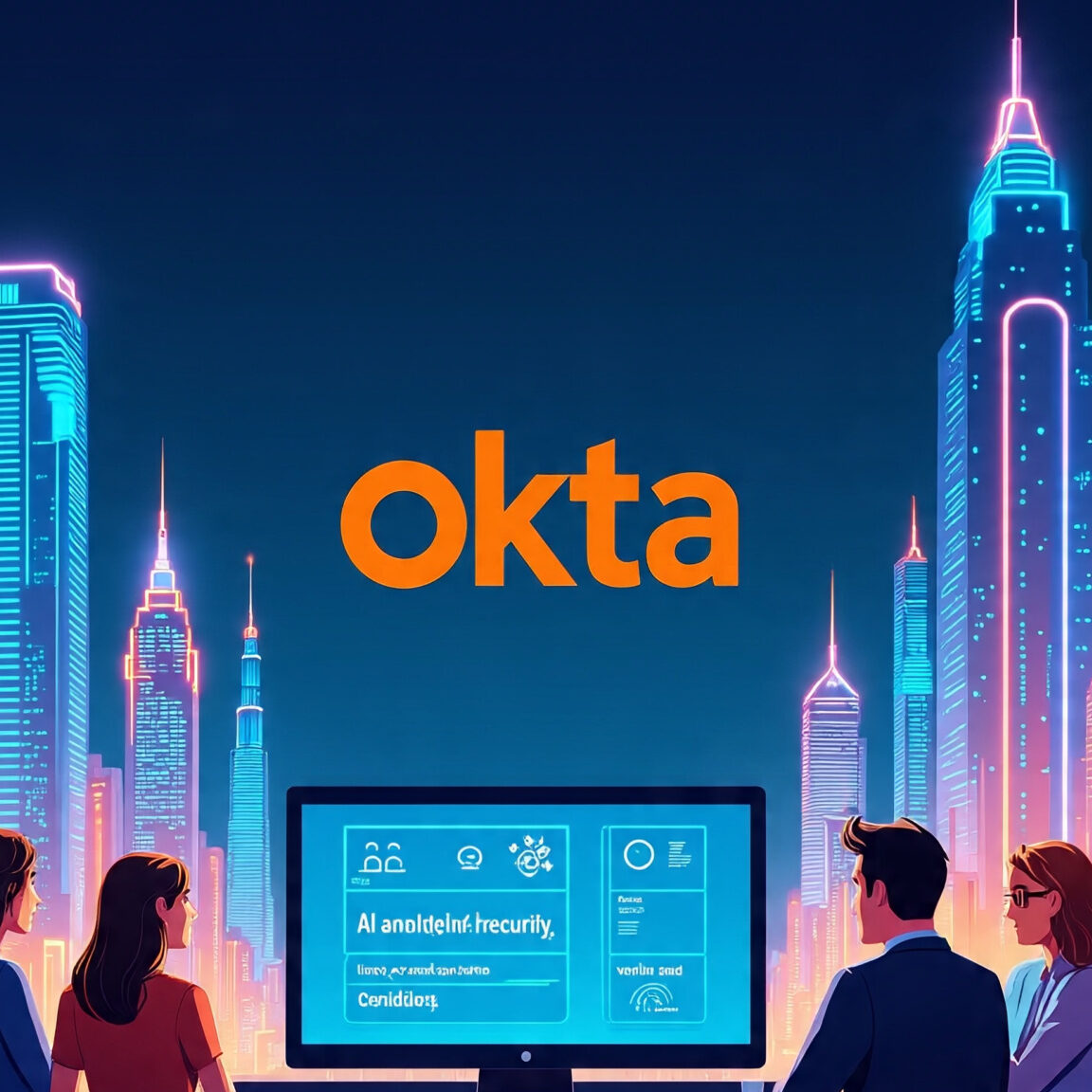
Okta Inc., a company specializing in identity access management, has introduced new features within the Okta Platform and Auth0 Platform aimed at assisting businesses in securely integrating artificial intelligence agents. These new features enable organizations to develop AI agents with strong security measures as part of an overall identity security framework. This framework ensures trust through secure credentials, aiding in the prevention of AI-driven fraud and simplifying onboarding processes.
One key addition is the launch of Okta for AI Agents, a platform that seamlessly integrates AI agents into the identity security infrastructure. This integration empowers organizations to manage nonhuman identities efficiently at scale, covering aspects such as discovery, authorization, and governance. Components like Identity Security Posture Management, Universal Directory, and Okta Privileged Access further enhance security by identifying risky agents, facilitating agent registration, and enforcing access privileges.
Another significant update is the introduction of Cross App Access (XAA), a standardized approach that extends OAuth to safeguard interactions between agents and applications. By shifting access control to the identity layer, XAA provides enterprises with real-time visibility and policy enforcement across different apps. This initiative aims to reduce user friction by enabling pre-approved integrations and minimizing consent prompts, with early support from prominent companies like Automation Anywhere Inc., Boomi Inc., Box Inc., and Glean Technologies Inc.
Looking ahead to the future, Okta plans to unveil Verifiable Digital Credentials (VDCs) in their 2027 fiscal year. This open standard offering will enable organizations to issue and authenticate tamper-proof digital identity data such as government IDs or certifications. VDCs are designed to help individuals digitally assert their identity across various applications while mitigating risks associated with AI-driven fraud and deepfake threats. The initial release will focus on supporting mobile driver’s licenses for digital ID verification by fiscal 2026.
Kristen Swanson, senior vice president of design and research at Okta, emphasized the importance of adapting to the rapid changes brought about by AI in the workplace. She highlighted the risks posed by poorly managed AI agents in traditional identity solutions and stressed the need for a unified identity security fabric. The latest advancements from Okta aim to seamlessly integrate AI agents into this fabric using standards like Cross App Access, ultimately enhancing security measures within the industry and fostering a more secure environment for AI-powered systems.
